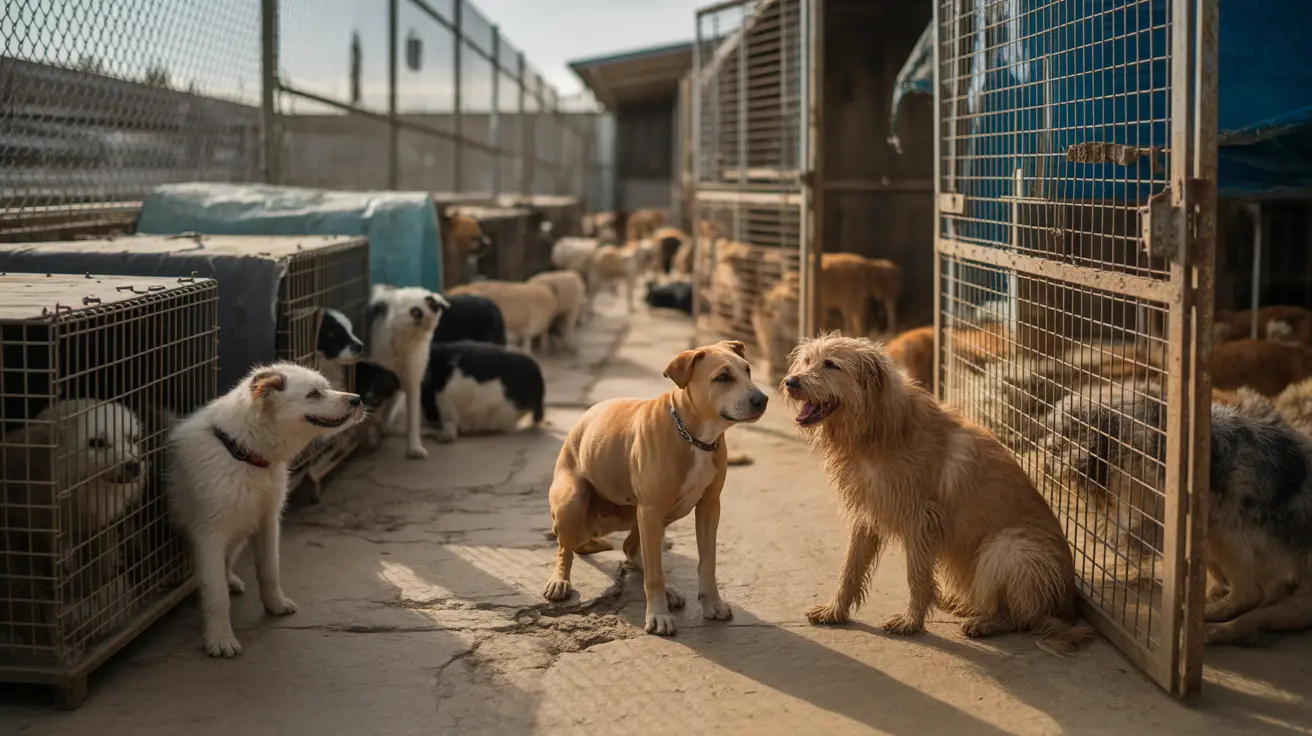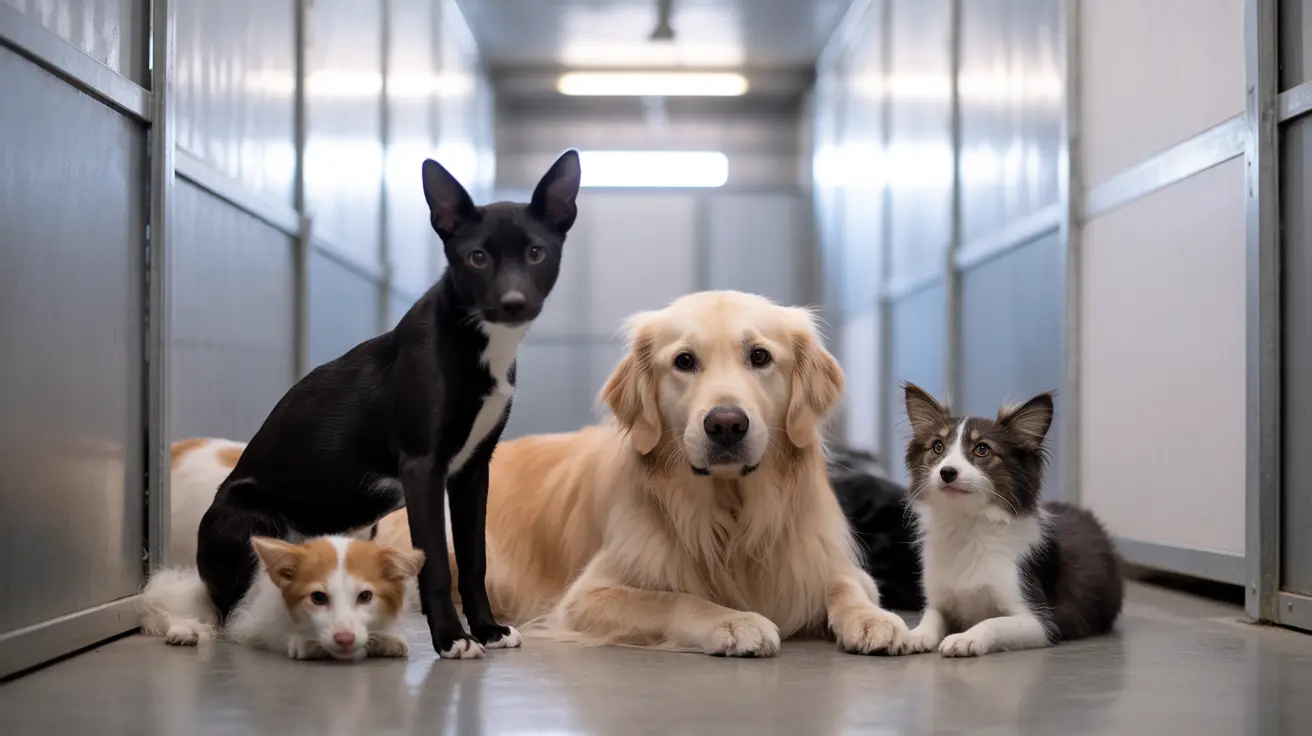Can Dogs Eat Pasta with Sauce and Cheese?
Many pet owners enjoy sharing their meals with their furry companions, but not all human foods are safe—or healthy—for dogs to consume. One common question that arises is whether dogs can eat pasta with sauce and cheese. While it might seem harmless to toss your dog a bite of your macaroni and cheese, there are important health considerations to take into account before doing so.
Is Pasta with Sauce and Cheese Safe for Dogs?
Technically, dogs can eat small amounts of pasta with cheese and sauce, but it is not advisable on a regular basis. Here are several reasons why:
- High fat and sodium content: Pasta with cheese, especially when prepared with rich, creamy sauces, contains high levels of fat and salt that can upset a dog’s digestive system.
- Dairy intolerance: Many dogs are lactose intolerant, meaning cheese and creamy sauces can cause stomach pain, gas, and diarrhea.
- Gluten sensitivity: Traditional pasta contains gluten, which some dogs may have sensitivity or allergies to.
- Dangerous ingredients: Pasta sauces often include onions and garlic, both of which are toxic to dogs even in small amounts.
- Artificial additives: Boxed versions of macaroni and cheese typically include preservatives and flavorings that may not be safe for pets.
Common Health Risks
Feeding dogs pasta with sauce and cheese can lead to several health issues, particularly if it becomes a habit:
- Digestive upset: Symptoms such as vomiting, diarrhea, and gas are common in dogs that can't properly digest dairy or pasta.
- Obesity and weight gain: The high calorie count in pasta and cheese can lead to obesity if fed frequently.
- Pancreatitis: A potentially serious condition characterized by inflammation of the pancreas, often triggered by fatty foods.
- Exacerbation of existing conditions: Dogs with diabetes or digestive disorders may see worsening symptoms when given unsuitable foods.
What If My Dog Eats Pasta with Sauce Accidentally?
If your dog eats a small amount of pasta with sauce and cheese, it's unlikely to cause severe harm, but you should monitor for symptoms such as:
- Vomiting
- Loose stools or diarrhea
- Lethargy
- Abdominal discomfort
If your dog has consumed sauce containing garlic or onions, contact a veterinarian immediately, especially if a large quantity was ingested or if your dog is small or elderly.
Can Dogs Have Cheese in General?
Cheese can be used as an occasional treat or to administer medication, but not all types are safe. Stick to plain cheeses like cheddar, mozzarella, or cottage cheese. Blue cheese and spreadable processed cheeses should be avoided entirely due to high fat content and mold toxicity.
Healthier Treat Alternatives
Instead of high-fat pasta dishes, consider offering your dog these healthier, dog-safe treats:
- Vegetables: Carrots, broccoli, pumpkin
- Fruits: Apples (seedless), watermelon (seedless)
- Dog-specific treats: Available at pet stores and often formulated for sensitive stomachs
Best Practices for Dog Nutrition
- Provide a balanced, nutritionally complete commercial dog food.
- Use human foods only sparingly and ensure they are safe for canine consumption.
- Consult your veterinarian before introducing any new foods—especially if your dog has a medical condition or special dietary needs.
- Keep fatty, salty, or processed foods out of reach.
- Educate caregivers and family members about which foods are off-limits for pets.
Conclusion
While a small, accidental bite of pasta with sauce and cheese is unlikely to cause your dog long-term harm, it is not a suitable addition to their regular diet. The risks of digestive upset, toxic ingredients, and long-term health problems outweigh any perceived benefit or enjoyment your pet might get. Instead, focus on providing your dog with safe, healthy treats and meals tailored to their dietary needs under veterinary guidance.





